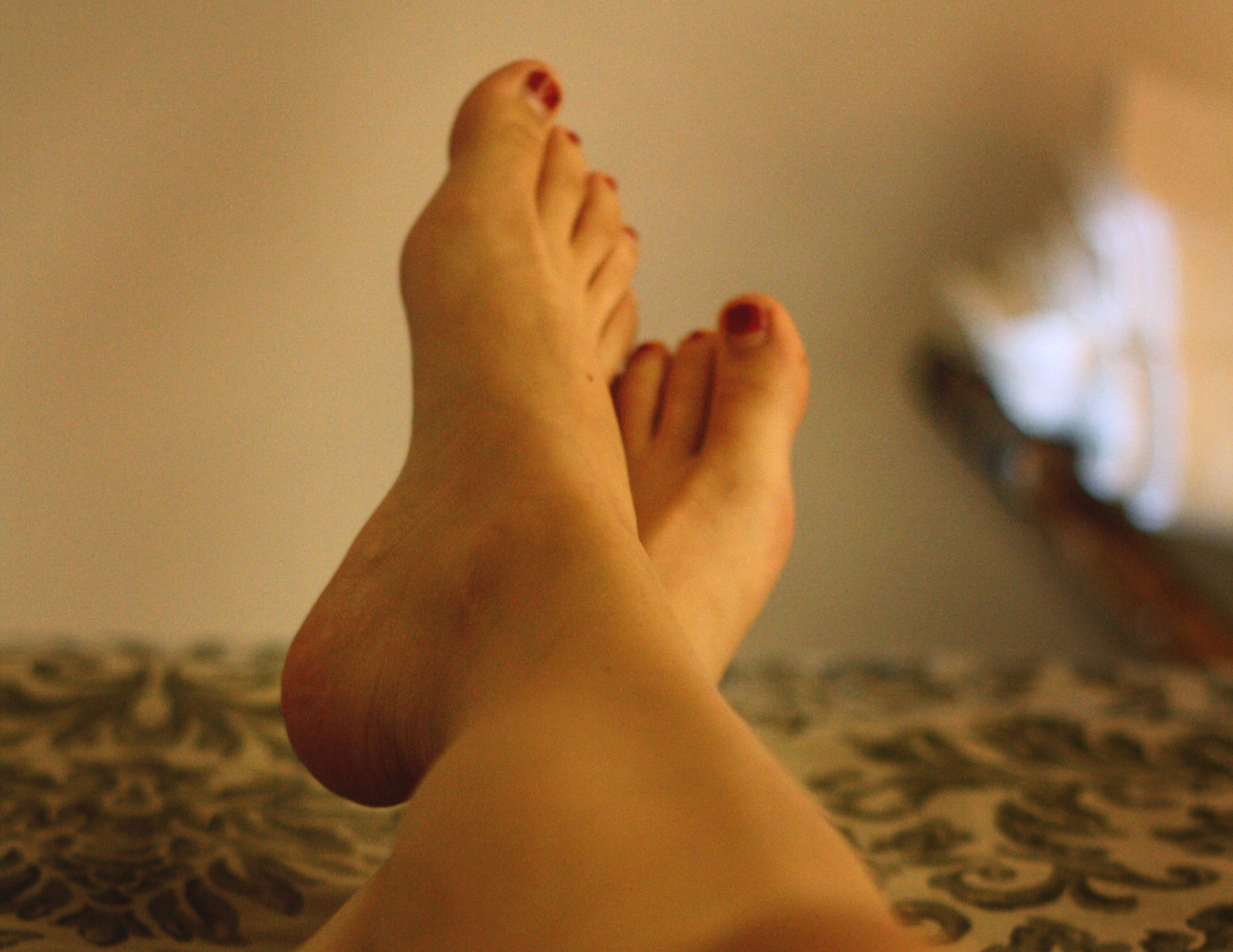Restless Leg Syndrome (RLS) – Alternative health tips
Symptoms of Restless Leg Syndrome
Restless Leg Syndrome is a condition of the nervous system where sufferers experience an overwhelming and irresistible urge to move their legs. It can be accompanied by an unpleasant sensation in the feet, calves and thighs which is often worse in the evening or at night. It is also associated with involuntary jerking of the legs known as periodic limb movements in sleep or PLMS.
Causes of Restless Leg Syndrome
The causes of Restless Leg Syndrome are not know but it seems to be linked to sluggish circulation and the nervous system imbalance also probably plays a role. Recent research suggests hormone imbalance might also be a factor.
Risk Factors of Restless Leg Syndrome
There is a wide range of risk factors that are associated with Restless Leg Syndrome:
- Age – Restless Leg Syndrome affects about 20% of people over 65, compared with 5% of the whole population.
- Sex – Women are more likely to suffer than men.
- Pregnancy – in one study 96% of those who first experienced RLS during pregnancy found the condition improved after giving birth.
- Lack of exercise.
- High blood pressure.
- Varicose veins – in one study 98% of those who had veins stripped reported an improvement in their RLS symptoms.
- Taking certain antidepressant medication.
- Iron deficiency anaemia.
Supplements for Restless Leg Syndrome
Iron
5% of people in one study were iron deficient. Blood Iron levels do fall at night, when symptoms are often worse. Floradix and Solgar’s “Gentle Iron” are very good Iron supplements for regular use.
Magnesium
This can be helpful for some people. I would recommend Viridian’s Magnesium Citrate as a capsule or powder.
Folic Acid
Many people find this helpful. Solgar’s “Folacin” is very good.
I would always recommend adding any supplements for a particular condition to a basic regime consisting of:
- A good multi-nutrient
- Vitamin C
- Essential Fatty Acid
We are happy to advise on these, especially if you are vegetarian or vegan.
Herbs for Restless Leg Syndrome
To help the circulation use:
- Horse chestnut
- Gingko biloba
- Wood betony
- Ginger
It is a pity that Kava Kava has been withdrawn from our dispensaries; it would have been ideal for RLS.
To balance the nervous system:
- Passion flower
- Skullcap
- Chamomile
- Valerian which seems to be the most effective of this class of herbs.
Agnus castus looks very promising as a treatment for RLS, probably acting by balancing the hormones. There has been one, small scale, study carried out to date, but 75% of those prescribed it felt it improved their RLS symptoms.
If cramps are a major problem then Cramp bark can be added to the mixture.
Have a talk with Ken and a mixture of herbal tinctures can be made for you. And any of these recommendations can also be taken as teas.
Other advice for Restless Leg Syndrome
Try to reduce your risk factors where possible. Yoga and swimming can be particularly useful forms of activity to take up.
Avoid stimulating activity for 3 hours before going to bed – including eating a heavy meal. Keep the bedroom quiet and cool and take a cool shower before bed or bathe your feet in cool water avoiding adding ice as it can damage nerves
Relaxing aromatherapy oils, chamomile and lavender oil, can also be helpful.
Photo Credit: Green-Green-Green-Is-Everything-I-Have Flickr via Compfight cc



Comments are currently closed.